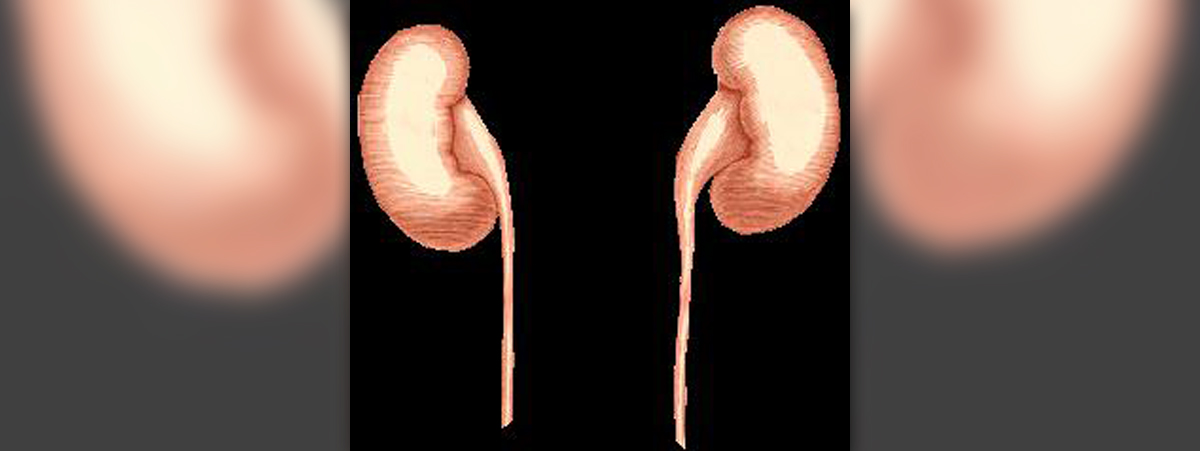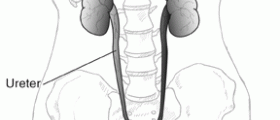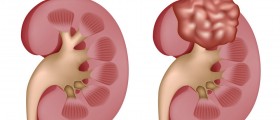
Basically, our kidneys are like filters for our body, keeping all the waste separated from the nutrients our body needs. Kidneys control our water levels and expel the unwanted substances through urine. Additionally, these organs of ours are involved in balancing our blood pressure, the production of red blood cells and the maintenance of minerals and calcium in our body.
Unfortunately, due to numerous functions these organs have, they can easily be affected by illnesses and various other problems. Alternatively, in some cases, people's kidneys fail to fully develop and, thereby, function incorrectly. Genetic factors may be involved in kidney problems too.
Information on Kidney Problems
Many possible kidney problems can be diagnosed before the baby is born in the first place. Then, proper treatment may start, allowing the baby to overcome many complications.
Besides performing their normal functions, kidneys also produce three hormones which serve a crucial purpose in our body. One stimulates the bone marrow so that it may create blood cells, while the second one regulates our blood pressure. Finally, the last one keeps our bones and teeth healthy by balancing our calcium levels.
Once our kidneys stop performing their functions, decreasing in speed of performance or failing to properly filter waste from our body, a phenomenon called kidney failure takes place since the toxins get over-accumulated in the body. The kidney failure can take place instantly and abruptly, being classified as acute or over a longer period of time, being chronic.
Acute vs. Chronic Kidney Failure
Acute kidney failure is commonly triggered by factors such as bacterial infections, injuries, shock, heart failure, drug overdose or poisoning. Therefore, the treatment for acute renal failure depends on the underlying cause.
As for chronic kidney failure, it happens due to irreversible damage to the kidneys happening over a longer course of time. So, birth defects, previous, untreated kidney failure, recurrent kidney diseases or chronic hypertension are some of potential causes of chronic kidney failure. Here, the treatment is based on medications which help the kidneys regenerate. Also, keeping blood pressure under control and changing one's diet are crucial factors. When all else fails, the problem may be dealt with a surgical intervention.
Kidney Failure in Children
Most cases of kidney failure in children are directly caused by kidney diseases. These can be posterior urethral valve obstruction, fetal hydronephrosis, polycystic or multicystic kidney disease, Wilms tumor, glomerulonephritis, nephrotic syndrome and congenital urinary tract problems.
Once these are diagnosed, they are properly treated and, thereby, the child's chances of leading a normal healthy life are increased.

















Your thoughts on this
Loading...